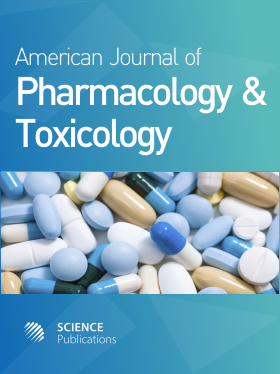Curcuma longa, Glycyrrhiza glabra and Moringa oleifera Ameliorate Diclofenac-induced Hepatoxicity in Rats
- 1 U.A.E. University, United Arab Emirates
Abstract
Although treatment with therapeutic agents may be one of the main causes of liver toxicity, there have been only limited attempts at thorough research efforts to seek solution. Diclofenac (DIC) is a widely used anti-inflammatory drug that causes liver toxicity. This DIC-induced hepatotoxicity was found to be associated with oxidative damage. In this report, extracts of herbal plants that are traditionally used for treating many illnesses were examined, namely Curcuma longa (CL), Glycyrrhiza glabra L (GL) and Moringa oleifera Lam (MO). They all showed a novel hepatoprotective effects against DIC-induced hepatotoxicity in rats. Administration of DIC at 150 mg/kg developed acute hepatic damage, as demonstrated by increased serum alanine aminotransferase (ALT) activity and histopathological changes. In addition, DIC treatment resulted in an increase in the hepatic malonialdehyde level and depletion in total antioxidant capacity, reduced glutathione content, catalase, and superoxide dismutase activities. Treatment with herbal extracts for 30 days before DIC treatment significantly ameliorated the indices of hepatotoxicity induced by DIC. In addition, these herbs alleviated DIC-induced oxidative changes in liver. These results suggest that CL, GL, and MO inhibit DIC-induced hepatotoxicity and might serve as a novel combination chemotherapeutic agent with DIC to limit its free radical-induced organ injury.
DOI: https://doi.org/10.3844/ajptsp.2007.80.88

- 5,906 Views
- 4,194 Downloads
- 48 Citations
Download
Keywords
- Diclofenac
- Hepatic toxicity
- protection
- Curcuma
- Glycyrrhiza
